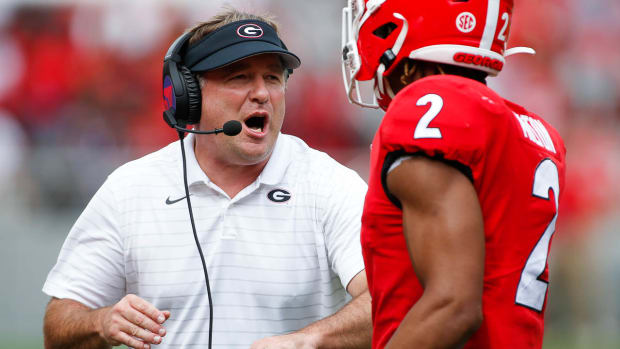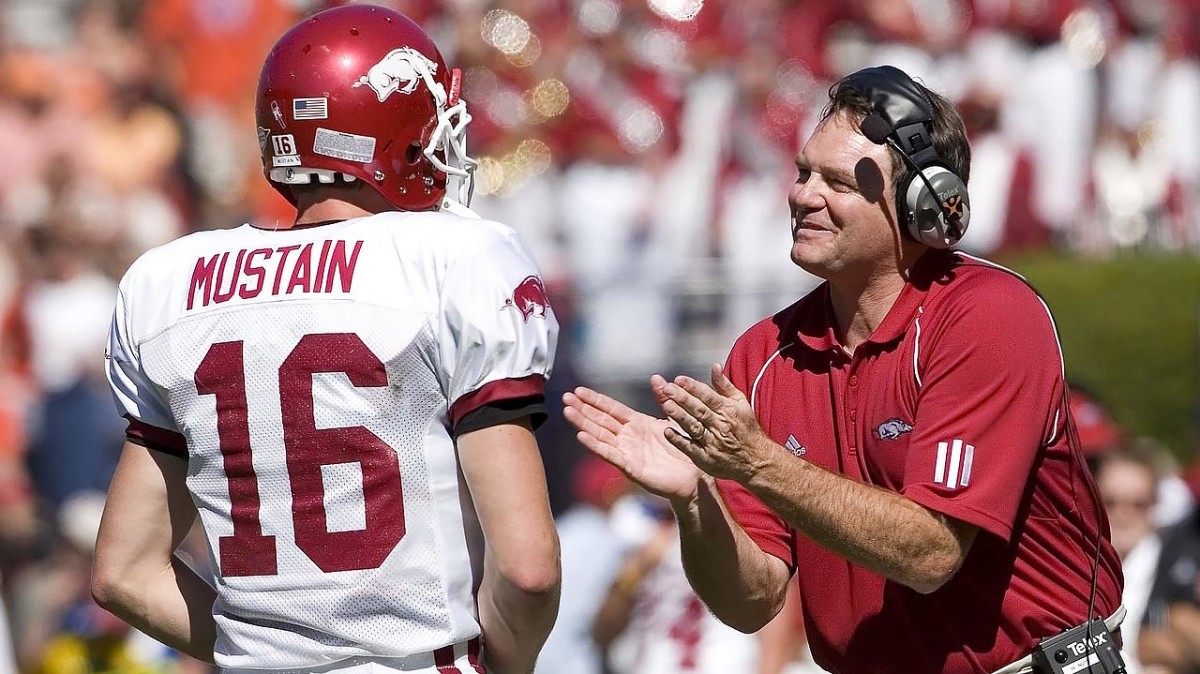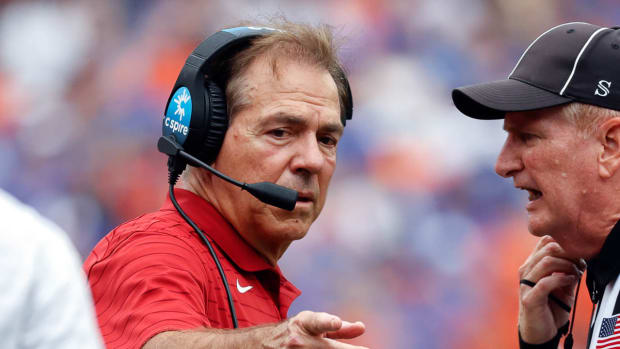Increasing Signing Limit May Help Fairness ... for Somebody
FAYETTEVILLE, Ark. — Searching for fairness in college athletics is kinda like that old line about what doing the same thing repeatedly actually means.
All it does is increase layers of stupidity.
In a world where accountants are becoming more important to success than designing a great play, the news this week about increasing the signing limit of 25 per year to an undetermined maximum number is about trying to be fair to all schools.
A report at FootballScoop.com indicated the 25-man signing limit could be removed as early as the end of May.

Nobody has asked how that's going to be handled by coaches that have to shoehorn a bunch of signed players into an 85-man scholarship roster limit.
The guess is somebody is going to get run off. Coaches now have the transfer portal so they can appear to help a player go somewhere that he might can get playing time, but the portal has shown a lot of the names in there don't land on a roster by the next season.
If that's not obvious a coach ran them off, I'm not really sure what would be short of a pro-style waiver wire because it's flat out cutting them.
Fairness for the players is probably going to take a hit with this name, image and likeness thing that has turned that light at the end of the tunnel into an oncoming train.

That should have been obvious, but somebody decided to just let the whole thing roam free and the strongest shall survive. When the lawyers inevitably get involved, young college minds of mush will learn who the strongest really are.
Now the coaches will have a legit way to cut players, who suddenly decide they want to put their name into the transfer portal.
The numbers show for every successful story in the portal there's about 10 that fall on their face in one way or the other.
When former Arkansas player and coach Houston Nutt signed 37 players at Ole Miss in 2009 everybody freaked out and put in place the 25-man signing limit.

Nobody thought to account for the natural attrition that's always been around college football. The numbers are surprising but most people don't even know half the players that leave anyway.
All that has done is make it impossible for some programs to catch up. Kansas is the prime example because they got trapped in a numbers hell that's taken nearly a decade (and several coaches) to climb out of.
The "have-nots" in college football probably will seldom become a "have" ... if ever. The system is not designed to create an NFL-type parity.

This latest attempt to level the playing field probably just adds another layer of math for coaches to figure out.
It does give everyone another bite from the fairness apple dangled publicly.
But the guess is the programs are the only ones with a shot at anything approaching fair.
It's a game that doesn't really change.
